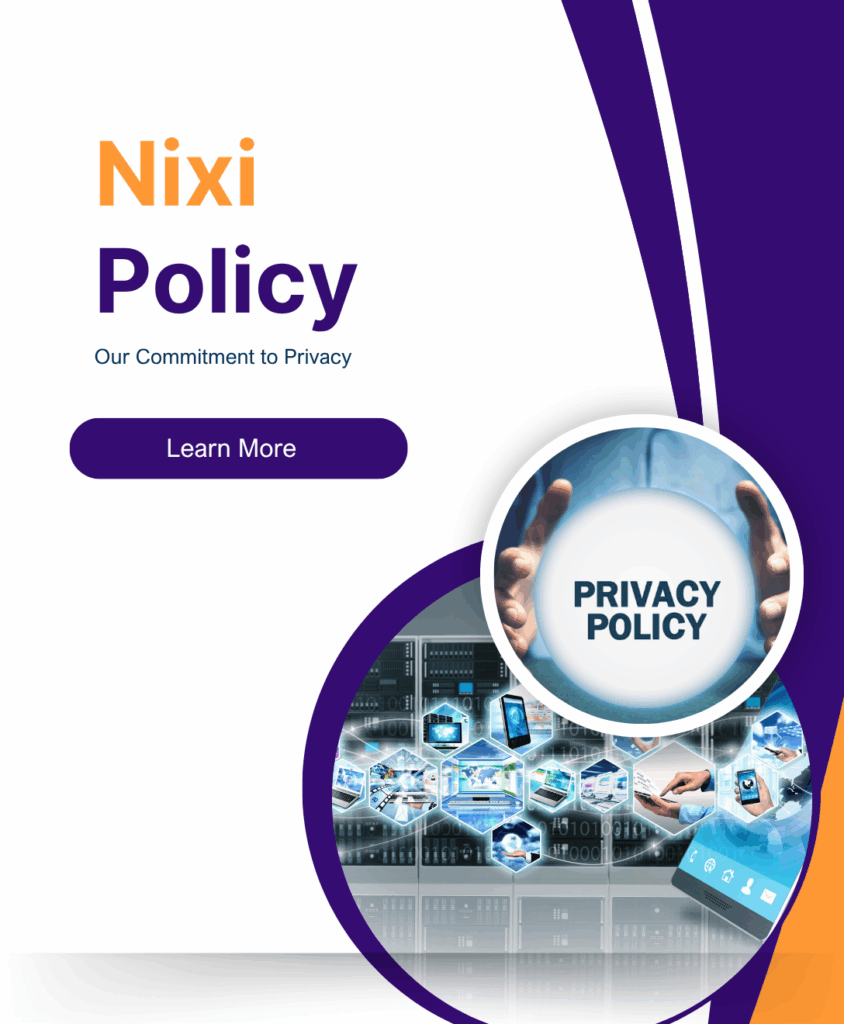Routing Policy
The Domestic Internet Scenario in India is unique with several large and small ISPs spread across a large geographical area. The policy described below attempts to address the concerns of the large as well as the small ISPs at the same time keeping the larger national interest in mind by promoting domestic hosting of content as well as saving foreign exchange by keeping domestic traffic within India.
Basic Routing Policy
- An ISP at any NIXI node must at a minimum announce all its regional routes to the NIXI router at that NIXI location. All ISPs connecting to that NIXI node are entitled to receive these routes using a single BGP session with the NIXI router. This will guarantee the exchange of regional traffic within a NIXI node. This is referred to as forced regional multi-lateral peering under the policy. Along with multilateral peering NIXI currently provides bilateral peering through our secured L2 platform where Networks connect directly with desired CDN’s and other Networks. It establishes separate BGP sessions with each of these content networks to have more control.
- In the event, that one NIXI member is already providing transit to another NIXI member, the exchange of regional routes mentioned above may also happen using a separate private connection between the ISPs.
- ISPs should announce only those routes that belong to their AS, i.e. their own network, and their customer routes at the NIXI. An ISP in any region can aggregate traffic from other ISPs in the region and connect to the NIXI through a single connection.
- The NIXI router will only exchange information but not carry any transit traffic.
- All NIXI members must ensure that they suitably and proactively upgrade capacity from time to time so that they do not end up dropping traffic that other peers are exchanging with them. An ISP must Upgrade its port capacity or take an additional port if the 95th percentile of its OUT or IN traffic in a month crosses 70% of its port capacity, for 3 months.
Joining Procedure
General Principles
- NIXI is carrier-neutral.
- NIXI is the neutral meeting point of the ISPs and CDN providers with both multilateral and bilateral peering models. Members can connect to NIXI at any NIXI Node(s).
- NIXI is not an ISP and will not provide Internet connections or Transit services. Members should have full Internet connectivity independent of NIXI facilities.
- NIXI will not assign or provide for IP addresses, AS numbers, etc. Peering ISP’s and other players will make their own arrangements for IP resources with IRINN.(www.irinn.in)
- Members need to provide a 24×7 contact point to act upon urgent incidents/outages.
- Members shall provide their own backhaul (routers, convertors, and cabling) to their networks.
- Members must either colocate the member’s router within the appropriate NIXI Node or connect via a direct, unswitched, Ethernet circuit from the Participant’s router to the NIXI Node (preferred).
- Peering ISPs will not be allowed to have NIXI facilities as a default route. Further, no ISP should use NIXI to carry traffic between its own two or more routers.
- Members of ISP at any NIXI node must at a minimum announce all its regional routes to the NIXI router at that location.
- Members will ensure that their use of NIXI facilities is not detrimental to other members in any way and that all usage is compliant with the applicable internet standards of IETF.
- NIXI reserves the right to temporarily disconnect any member for security reasons or to preserve the stability of NIXI infrastructure.
- NIXI reserves the right to amend the guidelines stated above, with the approval of the Board. For the latest Policy Guidelines, please visit Routing and Tariff Policy.
Last updated: 23 March, 2025



